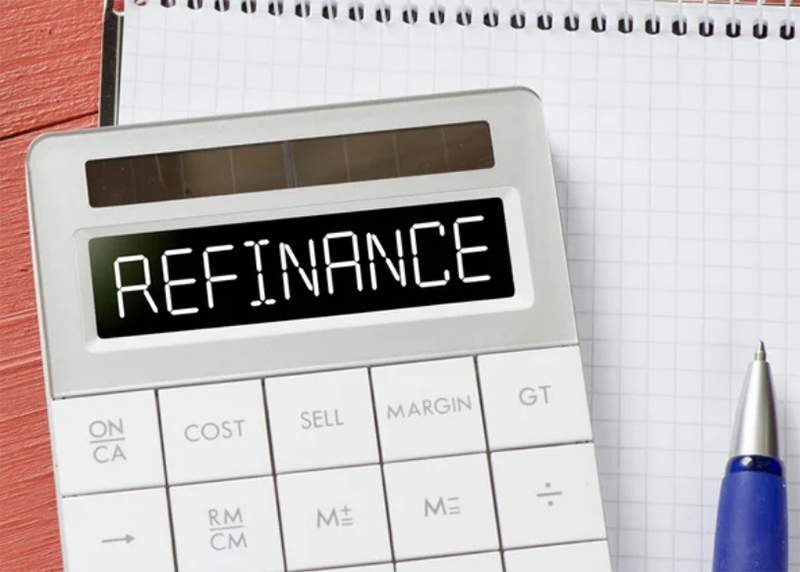The best time to refinance your house depends on several factors, including your current mortgage terms, the current market conditions, and your financial goals. Here are some things to consider when deciding whether to refinance your home:
- Interest rates: If interest rates are lower than when you took out your current mortgage, you may be able to save money by refinancing.
- Length of the loan: If you have a longer-term loan, you may be able to lower your monthly payments by refinancing to a shorter-term loan.
- Credit score: A higher credit score can help you qualify for a better rate when refinancing.
- Closing costs: Refinancing can involve upfront closing costs, so you’ll need to weigh the costs of refinancing against the potential savings.
- Break-even point: Calculate how long it will take you to recoup the closing costs through lower monthly payments. If you plan to stay in your home for a long time, it may be worth refinancing even if it takes a while to break even.
It’s a good idea to shop around and compare rates from multiple lenders to find the best deal. It may also be helpful to speak with a financial advisor or mortgage broker to determine whether refinancing is a good option for you.
When is Worst Time to Refinance Your Home?
There are a few situations where refinancing might not be a good idea:
- If you don’t plan to stay in your home for very long: Refinancing involves upfront closing costs, so it may not make sense to refinance if you don’t plan to stay in your home long enough to recoup those costs through lower monthly payments.
- If you have a low credit score: A low credit score can make it difficult to qualify for a good interest rate when refinancing. In this case, you may not save much money by refinancing.
- If you don’t have enough equity in your home: In order to refinance, you usually need to have at least 20% equity in your home. If you don’t have enough equity, you may not be able to qualify for a refinance.
- If interest rates are higher than when you took out your current mortgage: If interest rates have increased since you took out your current mortgage, you may not save much money by refinancing, and it may not make financial sense to do so.
- If you have a high debt-to-income ratio: Lenders will consider your debt-to-income ratio when deciding whether to approve your refinance. If your debt-to-income ratio is too high, you may not qualify for a refinance.
It’s important to carefully consider your financial situation and goals before deciding whether to refinance your home. It may be helpful to speak with a financial advisor or mortgage broker to determine whether refinancing is a good option for you.

